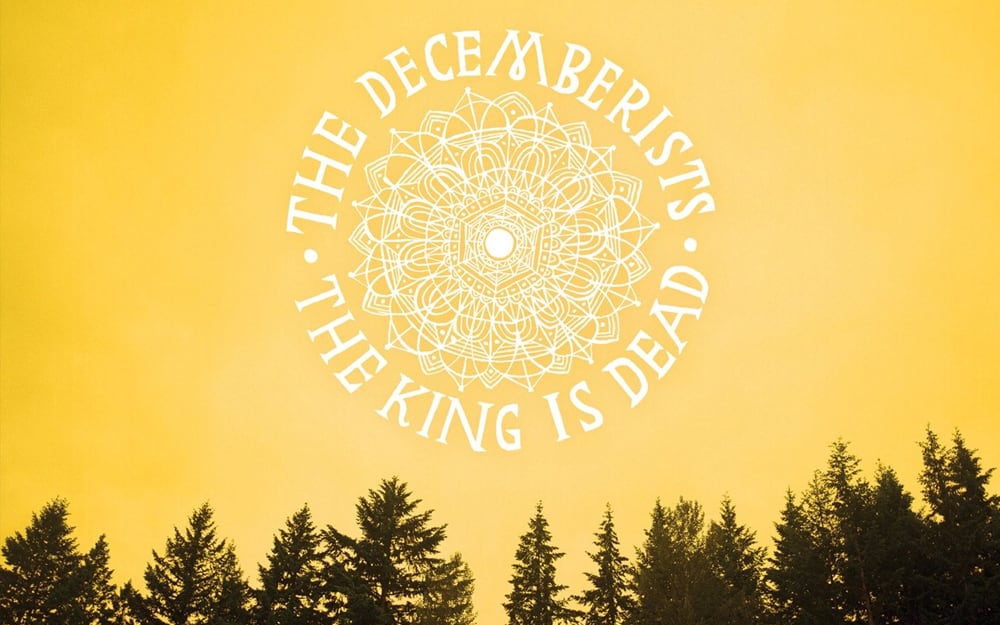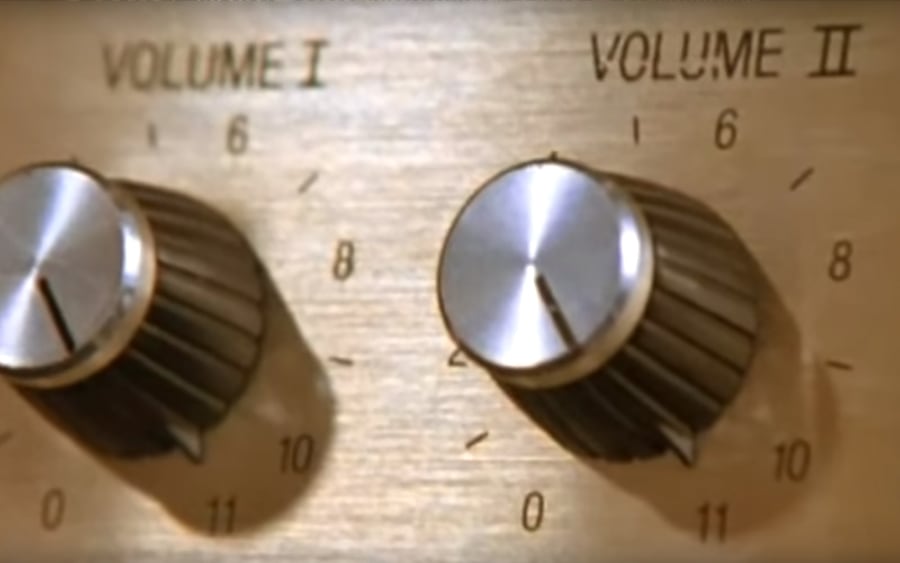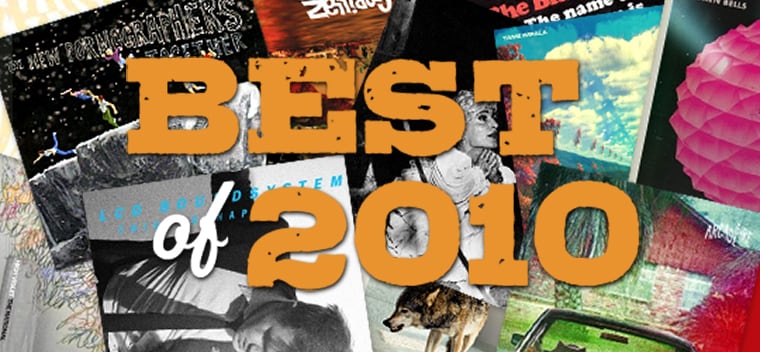27 Jan Destroyer’s Kaputt: Bejar makes sardonic sheet music
Destroyer – Kaputt
Merge Records | 2011
When I was a kid, I remember seeing Barry White on a daytime talk show – curious to know what this bearded, unglamorous looking guy had to offer the entertainment world.
Then I heard him perform something from “Sheet Music” – one of the best album titles of all time, considering the “activities” White worked to stimulate. He was the “Maestro of Love”, and my burgeoning libido – on a primitive level – yearned to emulate him, as well as Marvin Gaye.
Well, apparently I wasn’t the only one. Dan Bejar had been the indie world’s Oscar Wilde until now (providing obtuse, abstract, satirical lyrics not only for his band Destroyer, but the New Pornographers as well), his sound sometimes glam, sometimes folk. That is until Kaputt, his band’s latest.
More than a few comparisons will be made to late-era Roxy Music and Steely Dan – which is definitely here. But that influence was more than hinted at on 2009’s Bay of Pigs EP (which is included on Kaputt – the 11:18 epic is a journey through Bejar’s influences).
But the bigger surprise to me is what sounds like the R & B singers of the same era. In the same way that Steely Dan (with their often underappreciated risqué references overlooked) referenced fusion-era jazz sonically while nodding slyly to drug-and-hooker nightlife in their lyrics – Kaputt wears Lou Rawls’ white suit and carries white powder, hangs with sexy backup singers, luring the listener with cocaine-dusted existential angst.
His band’s newest, Kaputt, still showcases his clever wordplay – but he’s a bit more laconic, his words now framed by saxophones, trumpets, synths, and bass lines (oh, the bass lines!) much more suited for late 70’s discotheques then hipster cafes.
And it all somehow works, fantastically. Bejar’s confidence convinces the listener that he – like Barry White – is the guy that the listener should spend the evening with. Bejar’s social criticism – repeating the theme of writing a “Song for America” – is still there. But he’s more suave than sarcastic – Destroyer making love to your mind.
Smells Like







